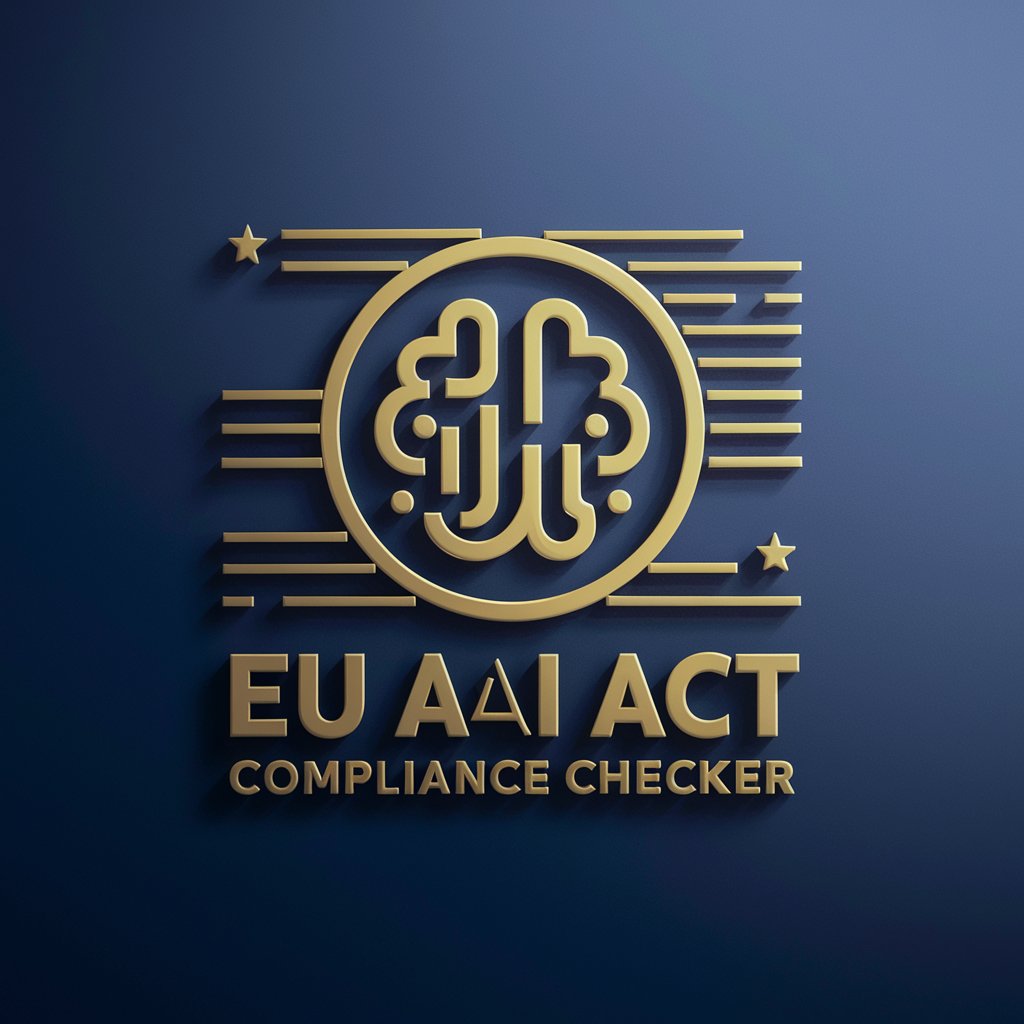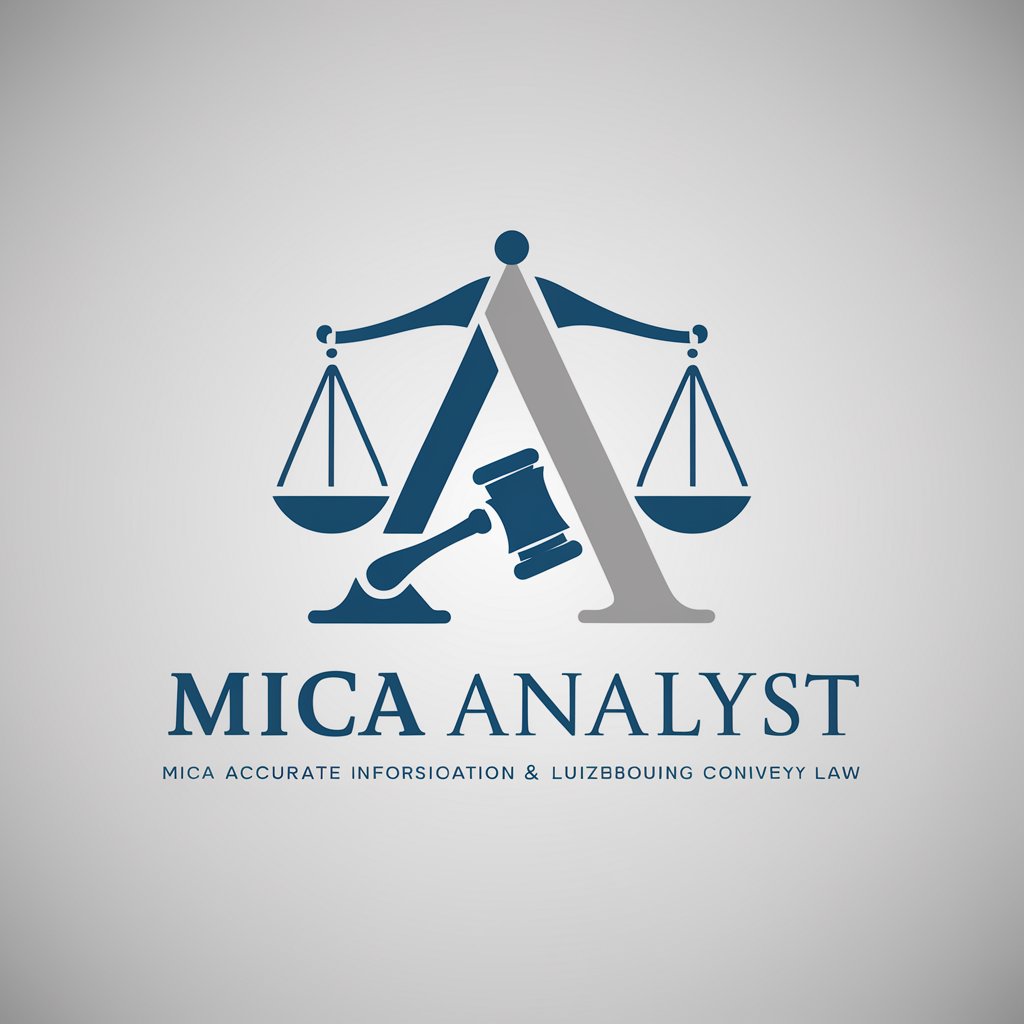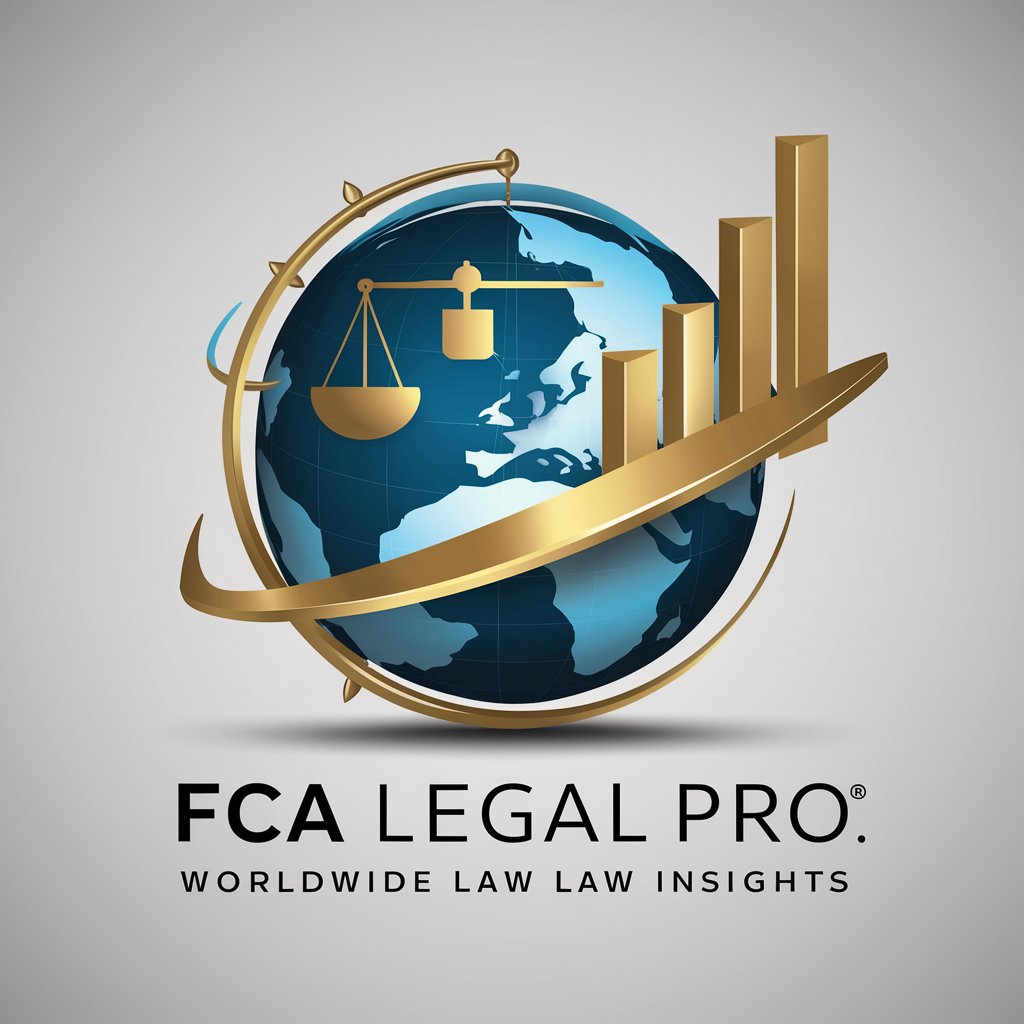8 GPTs for Regulatory Advisory Powered by AI for Free of 2025
AI GPTs for Regulatory Advisory are advanced computational tools designed to assist with regulatory compliance, risk management, and guidance in various industries. Leveraging Generative Pre-trained Transformers (GPTs), these tools offer tailored solutions for interpreting, navigating, and advising on complex regulatory landscapes. By processing large volumes of regulatory texts, legal documents, and compliance guidelines, AI GPTs enable precise and up-to-date advisory services, making them invaluable for staying compliant in dynamic regulatory environments.
Top 8 GPTs for Regulatory Advisory are: Asistente Virtual SISTEMA CAES,建筑防火专家,EU AI Act Compliance Checker,MiCA Analyst,AML Guide Europe,Data Privacy Consultant,FCA Navigator,Transfer Pricing Guru
Asistente Virtual SISTEMA CAES
Empowering energy efficiency with AI

建筑防火专家
Elevating Architecture with AI-Powered Fire Safety Solutions

EU AI Act Compliance Checker
Navigating AI Compliance Effortlessly

MiCA Analyst
Navigate MiCA with AI-powered clarity

AML Guide Europe
Empowering AML Compliance with AI

Data Privacy Consultant
AI-powered compliance and data protection

FCA Navigator
Navigating FCA Laws with AI-Powered Precision

Transfer Pricing Guru
Streamlining Transfer Pricing Compliance with AI

Key Attributes of Regulatory Advisory AI Tools
AI GPTs for Regulatory Advisory are distinguished by their ability to adapt and provide nuanced guidance across different regulatory frameworks. Core features include natural language understanding for interpreting complex regulations, continuous learning from new data to stay current with changing laws, and customizable interfaces for specific regulatory needs. Advanced capabilities such as data analysis, predictive modeling, and decision support systems further enhance their utility, offering comprehensive support for regulatory compliance challenges.
Who Benefits from Regulatory Advisory AI
These AI GPT tools cater to a broad audience, including compliance officers, legal professionals, business executives, and policymakers. They are particularly beneficial for those without deep technical skills, offering user-friendly interfaces and straightforward guidance. Simultaneously, developers and IT professionals can leverage these tools' advanced features and APIs for custom solutions, making them versatile for both novice users and experts in the regulatory field.
Try Our other AI GPTs tools for Free
Virtual Production
Explore how AI GPTs revolutionize Virtual Production, offering tailored solutions for enhanced creativity, efficiency, and realism in digital environments.
Best Practices
Discover how AI GPTs for Best Practices can transform your approach to professional standards, offering personalized advice, automation, and innovative solutions across industries.
Educational Newsletters
Revolutionize your educational communication with AI GPT tools. Tailored, engaging, and efficient newsletters at your fingertips.
Community Updates
Discover how AI GPTs for Community Updates revolutionize community engagement with personalized, automated content creation and management. Ideal for managers and content creators.
Real-Time Interaction
Explore AI GPTs designed for Real-Time Interaction, offering immediate, tailored responses across various applications, enhancing user experiences and operational efficiency.
Business Agreements
Discover how AI GPTs for Business Agreements revolutionize contract drafting and management with advanced automation, adaptability, and user-friendly interfaces.
Expanding the Impact of Regulatory Advisory AI
AI GPTs are transforming regulatory advisory by making it more accessible, efficient, and precise. Their ability to integrate with existing workflows, coupled with user-friendly interfaces, ensures that a wide range of users can benefit from advanced regulatory insights without needing deep technical knowledge. As these tools evolve, they will play a crucial role in shaping proactive compliance strategies across industries.
Frequently Asked Questions
What are AI GPTs for Regulatory Advisory?
AI GPTs for Regulatory Advisory are digital tools that use artificial intelligence to provide guidance and solutions for navigating complex regulatory environments.
How do AI GPTs stay updated with changing regulations?
These tools continuously learn from new regulatory documents, updates, and guidelines to ensure they provide current and accurate advice.
Can AI GPTs customize advice for specific industries?
Yes, they can be tailored to understand and advise on the unique regulatory challenges of various industries, such as finance, healthcare, or technology.
Are there any prerequisites for using AI GPTs in Regulatory Advisory?
No specific prerequisites are required, making them accessible to professionals and novices interested in regulatory compliance.
How do AI GPTs interpret complex legal documents?
They use advanced natural language processing techniques to understand, analyze, and interpret the meaning and implications of complex texts.
Can these tools integrate with existing compliance management systems?
Yes, many AI GPTs offer integration capabilities, allowing them to work seamlessly with existing compliance and risk management systems.
Do AI GPTs for Regulatory Advisory require constant internet access?
While some features might require internet access for real-time updates, others can operate offline, depending on the tool's design and purpose.
What is the future of AI GPTs in Regulatory Advisory?
The future looks promising, with advancements in AI leading to more sophisticated, accurate, and personalized regulatory advisory tools.